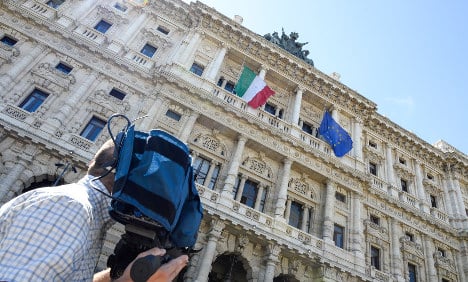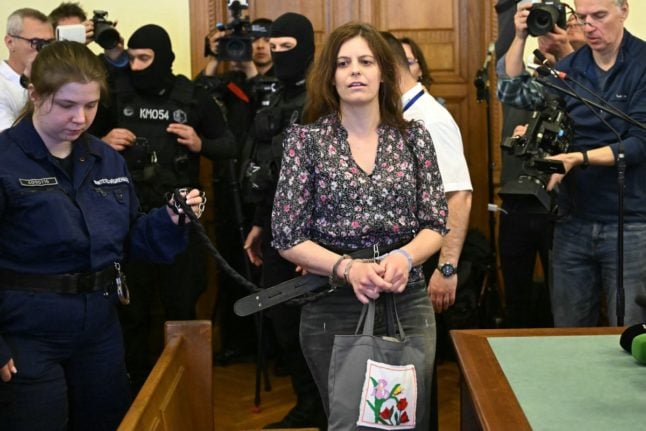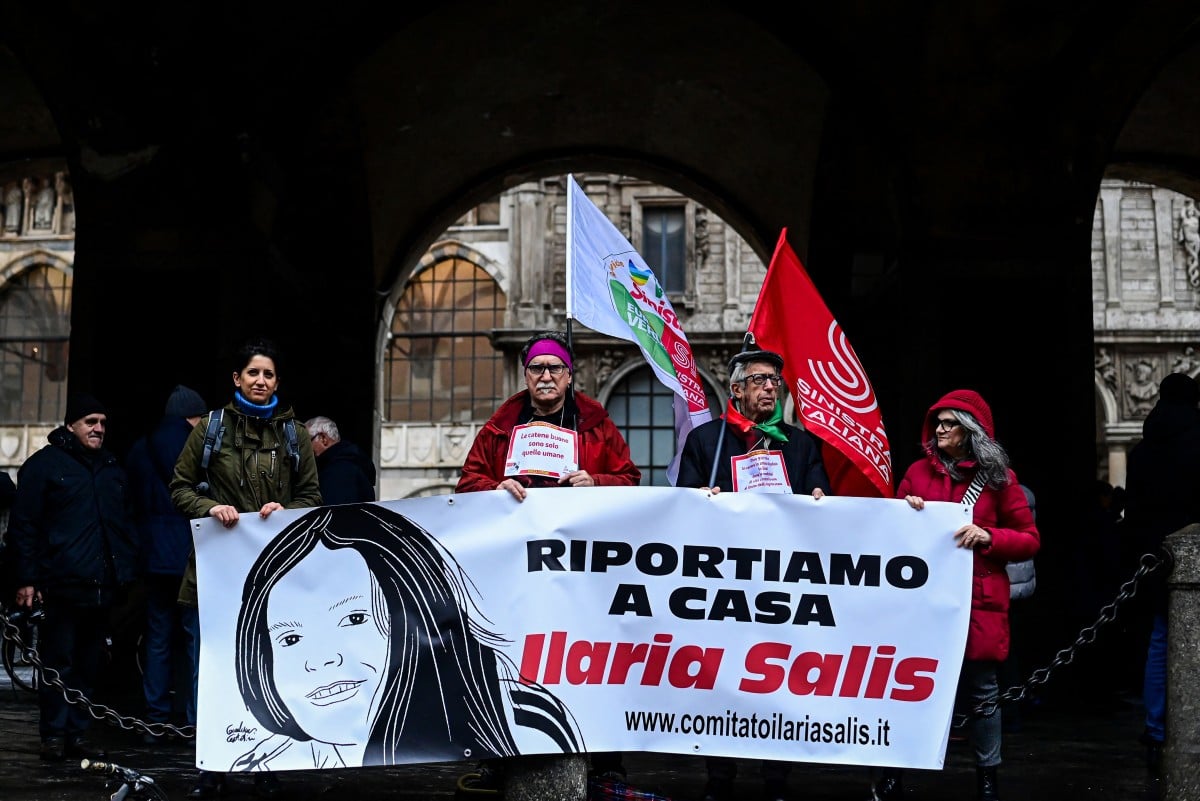About 7,000 Italians are unjustly imprisoned or put under house arrest each year, only a quarter of whom receive any compensation, according to figures from organization Articolo 643, which represents victims of wrongful imprisonment.
Some €11 million in reparations were paid out by the Italian government to 434 people, just in the first three months of this year alone. Those who received the reparations had been jailed or placed under house arrest and were later acquitted.
Since 1992, the Treasury has coughed up €620 million in compensation, awarded to almost 25,000 victims of unjust imprisonment. Many of the cases were linked to convictions of mafia involvement, according to a report in La Stampa.
A further 122 people were compensated for “judiciary errors”.
Beniamino Migliucci, president of the Italian Association of Criminal Lawyers, has started a petition for a constitutional amendment to be presented for a public vote in October.
“We need to remember the presumption of innocence,” he said.
The National Association of Magistrates meanwhile has mooted the idea of using undercover police officers to see how public administrators react to receiving a bribe, in order to reduce the number of wrongful convictions.
Earlier in April, the state paid €6.5 million to Giuseppe Gulotta, who was jailed for 22 years after being falsely accused of the murder of two police officers in a case known as the “Alcamo Marina slaughter” before being acquitted of all charges in 2012.
In 2007, one of the investigators who had worked on the case admitted to having extracted Gulotta’s confession under torture.
Gulotta's lawyers hope to take the case to Italy’s highest court, the Court of Cassation, to ask for €56 million.
However, Mauro Palma, Italy's representative for the rights of prisoners, pointed out that the UK for example has no law offering compensation to the wrongly imprisoned, whereas other European countries have either similar or less generous systems than Italy, despite a similar number of wrongful imprisonments.
Palma told La Stampa that he thought a common law reform would be a good idea, “because the judge cannot live under the sword of Damocles, especially in a country where the mafia generally have very smart and very expensive lawyers”.




 Please whitelist us to continue reading.
Please whitelist us to continue reading.
Member comments